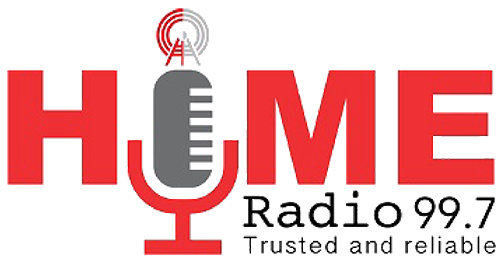The Ghanaian government has embarked on a comprehensive review of its Value Added Tax (VAT) regime, aiming to simplify the system and foster a more business-friendly environment. This development was announced by Finance Minister Dr. Cassiel Ato Forson during a high-level meeting with World Bank Managing Director, Wencai Zhang.
Ghana’s current VAT system faces significant challenges, with an effective tax rate of 21.9%, one of the highest in Africa. This has resulted in compliance difficulties and inefficiencies for businesses. The system combines elements of VAT and sales tax principles, creating a complex mix of flat rates, standard rates, and levies that hinder tax compliance.
The government aims to review the current distortions and cascading structure of the VAT regime, with the goal of simplifying the system and reducing the tax burden on businesses and households. By streamlining the VAT system, the government hopes to enhance revenue mobilization and make the tax system more efficient.
The International Monetary Fund (IMF) is providing technical support to aid in the review process, and the World Bank has expressed support for Ghana’s reform efforts. The World Bank is committed to working closely with the government to achieve a more efficient and equitable tax regime.
The VAT reform process is expected to be concluded before the main budget is presented in November. This initiative is seen as a crucial step in improving tax compliance, enhancing revenue mobilization, and making the tax system more business-friendly. With the support of international partners, Ghana is poised to implement a more efficient and effective VAT system that benefits both businesses and the broader economy.







